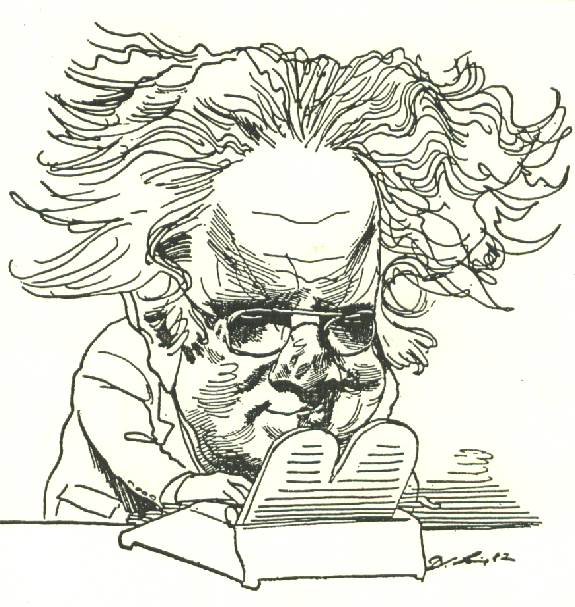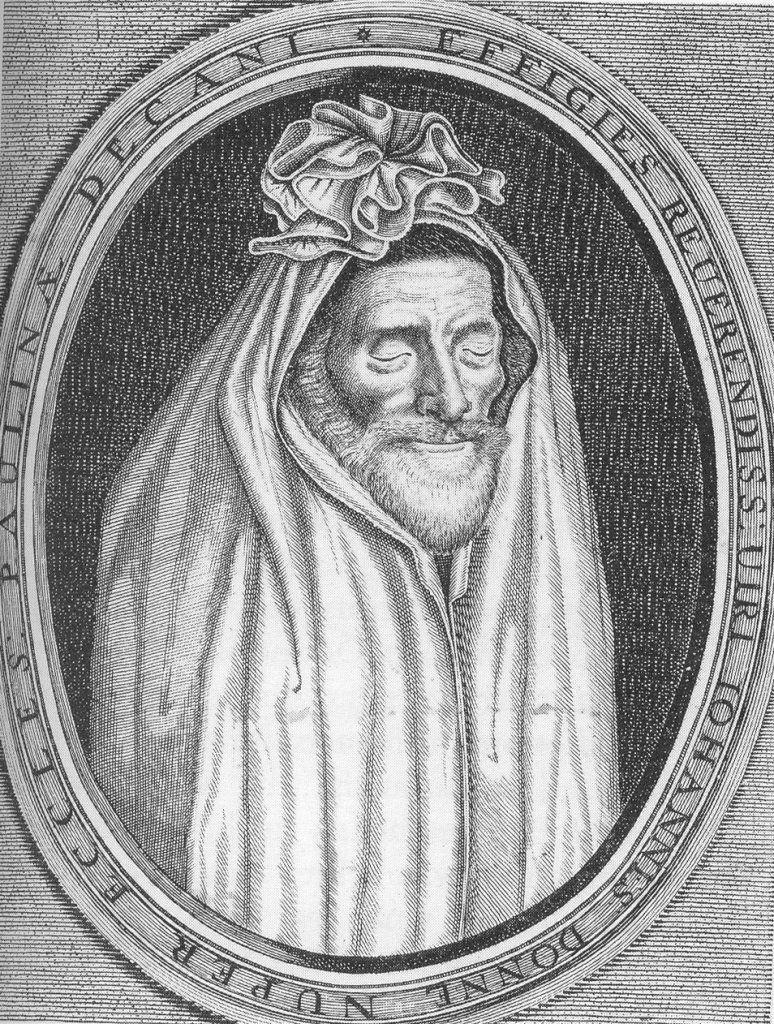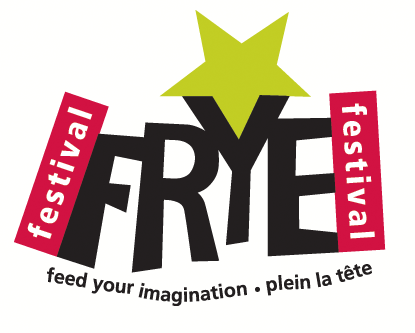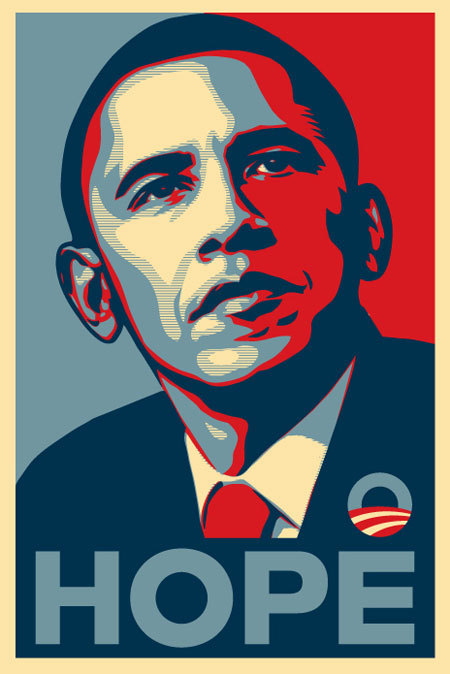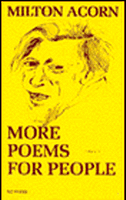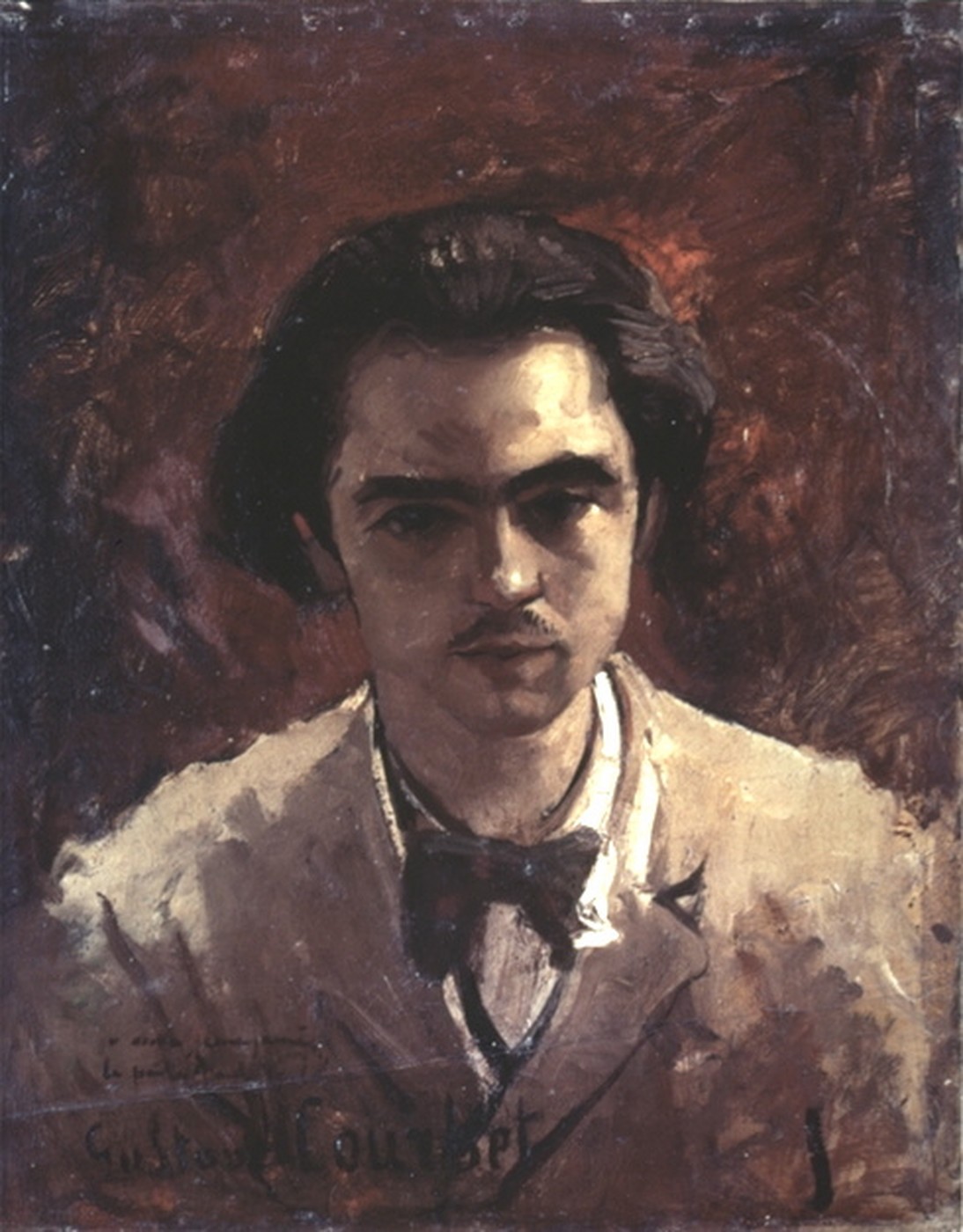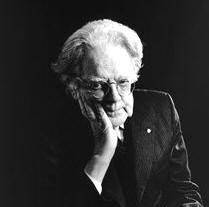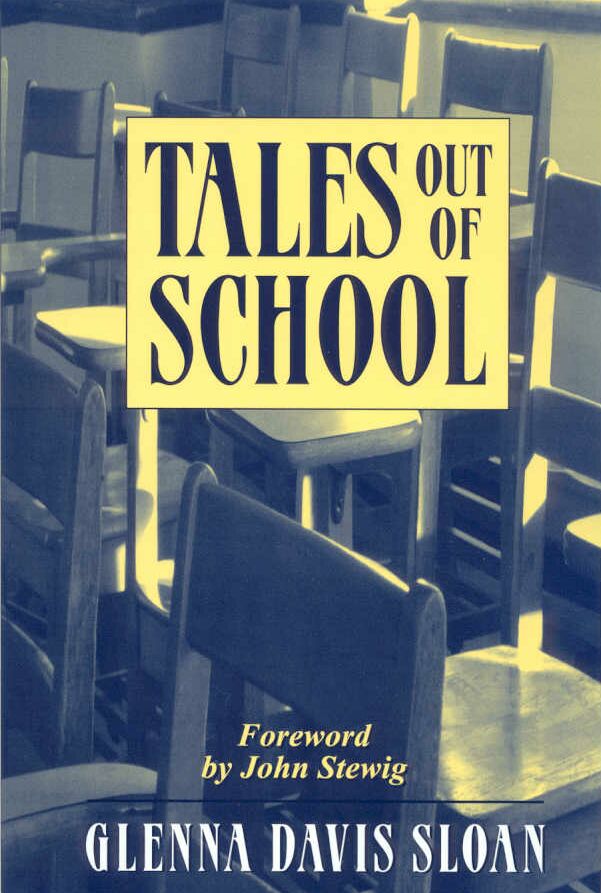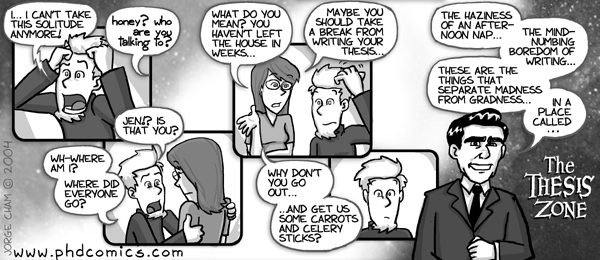
In the last few years, there has been considerable discussion of the possibility of rethinking the nature of the doctoral dissertation in literary studies. This is in part prompted by the fact that many students apparently take an inordinate amount of time to complete a PhD, and in part by the crisis in scholarly publishing, in which greater pressure to produce scholarly monographs to obtain tenure and promotion has coincided with reductions in the number of books published by many prominent academic presses. The underlying causes of these various facts are complex, and disputed, and I do not want to address them here; but it is important to recognize that they provide a context for the discussion about the requirements of doctoral programmes.
In the Spring 2010 MLA Newsletter, MLA President Sidonie Smith’s column is entitled “Beyond the Dissertation Monograph.” Mentioning both the adverse conditions that prevail for many students in humanities programmes and the digital revolution, Smith suggests that we should perhaps “begin to expand the forms the dissertation might take.” By this, she primarily means that we should be looking at alternative forms to the Gutenberg-era book. I noted that one of the “Member Comments” on her column was from Bob Denham, who observed that Northrop Frye, who among his innumerable accomplishments was President of the MLA, never earned a Ph.D., although he was awarded 38 honorary degrees. Bob adds, “In fact, he likened the doctoral regimen to ‘jumping through the hoops’ and ‘turning Ph.D. cartwheels’ for the amusement of one’s elders.”
I thought it might be interesting to look at a few other passages in Frye that relate to the topic of scholarship in the humanities, in the hope of provoking some more discussion on the blog about it. In Spiritus Mundi (1976), Frye remarks on the immense amount of effort required to produce first a humanities dissertation and then a book on the same material, but adds, “There are many things in the Ph.D. program which are extremely valuable, as I know to my cost. I avoided the Ph.D. myself by sheer accident, but there were elements in the training which I wish I had got in the regular way, and have always felt the lack of.” He contrasts the centrality of the book in the humanities with the way that for scientists the article is the standard means of communication. Of course, the question here is to what extent digital technologies have changed the situation that Frye is describing. At the very least, it seems to be true that scholars do not buy as many scholarly books as they used to. But ebooks have started to appear in the collections of academic libraries, which might indicate that the monograph will continue to flourish in a new material form.
In 1989, Frye gave a talk entitled “Literary and Mechanical Models” to a conference on Computers and the Humanities (published in The Eternal Act of Creation). He tells the story of Pelham Edgar’s dissertation of Shelley’s imagery, the bulk of which was a catalogue of various images and their contexts. Frye writes that “Clearly it was of immense benefit to the author of the thesis to steep himself so thoroughly in Shelley’s poetic vocabulary, but still most of the thesis could have been done by an appropriately programmed computer in a matter of seconds.” Frye’s utopian fantasy, later in the essay, is that the idea of a “productive scholar” should be replaced by the idea of the “creative scholar,” and the dissertation should be seen as something solely for the benefit of the student, “So the crazy chain of thesis, thesis rewritten as book, book published, book bought by libraries, book added to an already groaning bibliography, would be broken.”
